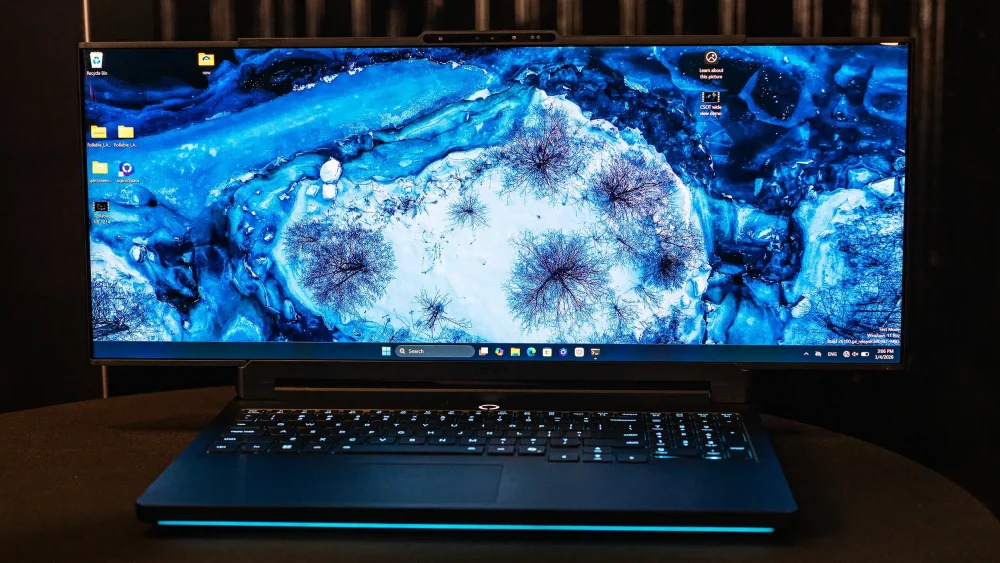TikTok has filed an emergency appeal with the U.S. Supreme Court to block a law banning the app nationwide unless its Chinese parent company, ByteDance, divests its stake in the platform. The law, set to take effect on January 19, 2025, raises concerns over free speech rights, national security, and economic impact.
In a statement, TikTok emphasized, “The Supreme Court has an established record of upholding Americans’ right to free speech. Today, we are asking the Court to apply the most rigorous scrutiny to this ban, which violates the First Amendment.” The company warned that the ban would censor over 170 million users, devastate creators with a $300 million loss in monthly earnings, and cost small businesses more than $1 billion in revenue.
The Legal Battle Intensifies

TikTok’s appeal follows a December ruling by the U.S. Court of Appeals for the D.C. Circuit, which upheld the Protecting Americans from Foreign Adversary Controlled Applications Act. The Court determined that the law’s national security focus outweighs TikTok’s First Amendment claims. It mandates ByteDance to sell its stake to a non-foreign-controlled entity or face a U.S. ban.
The law, signed by President Joe Biden in April 2024, grants the president authority to extend the compliance deadline by up to 90 days if negotiations for a legitimate sale are in progress. This means the final ban date could shift to April 19, 2025, if ByteDance demonstrates efforts to divest.
The D.C. Circuit ruling noted, “Some 170 million Americans use TikTok for free expression and engagement. Yet, Congress and multiple Presidents have determined divesting it from Chinese control is essential for national security.” It added that the law is narrowly tailored to mitigate risks while avoiding content-based restrictions on speech.
Trump’s Response and TikTok’s Political Dilemma
During a press conference at Mar-a-Lago, President-elect Donald Trump commented, “We’ll take a look at TikTok,” noting his appreciation for the app’s influence on youth voters. Trump, who unsuccessfully attempted to force ByteDance to divest TikTok during his first term, acknowledged the platform’s risks but warned that banning it could bolster competitors like Facebook.
Trump’s past remarks on TikTok’s role in the digital ecosystem were consistent with his skepticism about the app’s Chinese ties. In March, he posted on Truth Social, “If you get rid of TikTok, Facebook and Zuckerschmuck will double their business!”
Public Opinion Remains Divided
The law has sparked widespread debate among Americans. According to an Ipsos/Reuters survey conducted in April 2024, 50% of Americans support a TikTok ban, 32% oppose it, and 18% remain undecided. Opposition to the ban is most pronounced among younger demographics, with 50% of those aged 18–34 opposing it compared to 54% of those aged 35–54 and 60% of those 55 and older who favor the ban.
Economic and Social Impacts
The potential TikTok ban raises concerns about its broader ramifications. Small businesses that rely on the platform for advertising and sales could face significant financial losses. Meanwhile, creators who depend on TikTok for income may see their livelihoods disrupted.
TikTok’s legal argument centers on the law’s alleged violation of the First Amendment and the unprecedented scale of censorship it imposes. The app’s appeal to the Supreme Court could set a landmark precedent on the intersection of national security and free speech in the digital age.
What’s Next?
The Supreme Court’s decision on TikTok’s emergency appeal could arrive soon, setting the stage for a broader review of the ban’s constitutionality. With the clock ticking toward the January 2025 deadline, ByteDance faces mounting pressure to finalize a sale while the U.S. government balances national security priorities with potential economic fallout.


